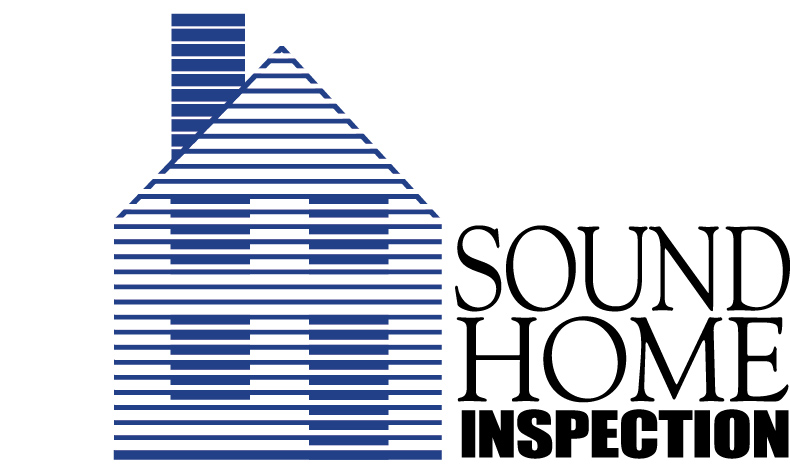Interiors
House Interior Inspections
Inspecting the home’s interiors is important because a piece of drywall and a coat of paint can conceal a myriad of wiring, plumbing, ventilation and other construction or remodeling errors. Some of these errors are merely inconvenient, like a duct that isn’t connected properly and causes a room to be chilly. Others can pose a serious threat to your home and your family, such as overloaded circuits and wiring that’s placed too close to plumbing fixtures.
A thorough inspection of your home’s interior will also focus on outlets, ceilings, built-in lighting fixtures, floors, windows, cabinets and counters.
To schedule your home inspection, call
(860) 445-1236 today.
Home Interior Items Inspected
Want to learn more?
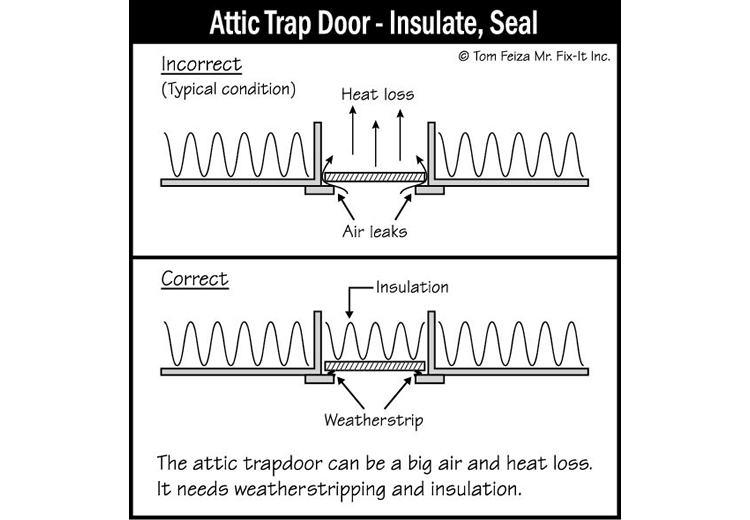
Attic Access Inspections
The term attic access incorporates a number of things, all of which let people enter the attic space. Attic access might be an airtight, framed panel or a set of pull-down stairs. It can even be a door from a closet into the rafter area.
Attic access is important for several practical reasons in addition to its storage potential. It’s important for a home inspector to be able to get up to the attic in order to evaluate the insulation, ventilation and/or overall health of the ceiling joists. An inspection of the attic will also sometimes show evidence of moisture, where there are leaking eaves and chimney flashing leaks. Some attics house heating and cooling equipment. In those cases, attic access is especially important so that technicians can service this equipment.
To schedule your home inspection, call
(860) 445-1236 today.
Ceiling Inspections
Ceilings are the finished top level of your rooms. Ceilings can be made of a variety of materials, including drywall and plaster, wooden planks or beadboard, ceiling tiles or even tin.
Inspecting a ceiling can tell a trained inspector a lot about what lies above it. Discolorations or loose and sagging plaster can be signs of a plumbing or roof leak — some kind of water problems. Large cracks could indicate shifting or problems with the foundation. In the basement, where the ceiling may not be finished, an inspector can get a look at the condition of the floor joists. Other problems that an inspector could encounter include exposed drywall seams, nails and screws and evidence of mechanical problems with lighting fixtures.
To schedule your home inspection, call
(860) 445-1236 today.
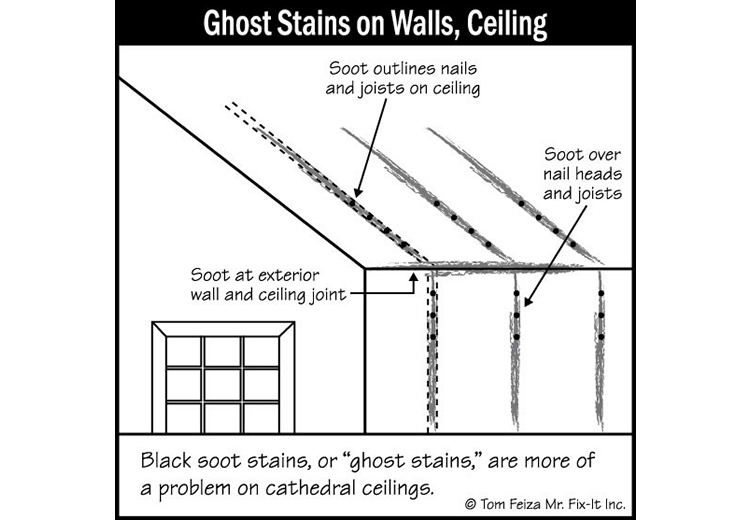
Want to learn more?
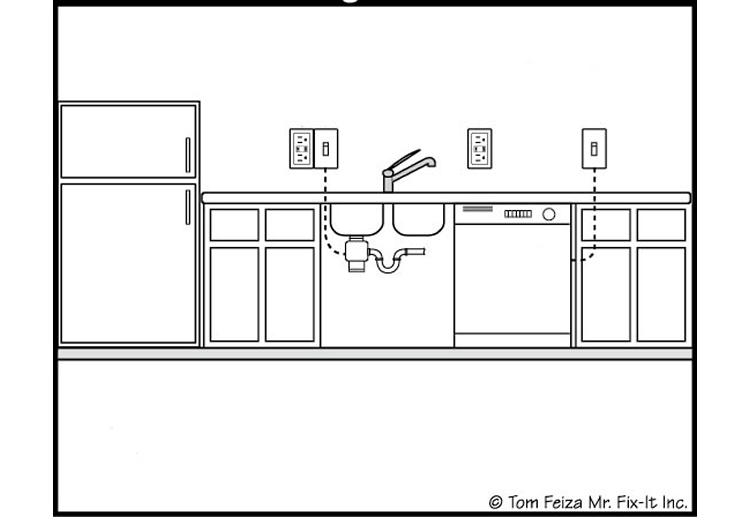
Counters and Cabinets Inspections
Counters and cabinets are generally found in kitchens and bathrooms. Counters can be made of a variety of materials, from wood to laminate to ceramic tile to natural stone. Cabinets are usually made from wood, but metal cabinets may also be found, particularly in older, mid-20th century homes.
An inspector will generally look over at least one cabinet in each configuration, and a thorough inspector will check out all cabinets and drawers that are accessible. Counters can give clues to underlying water problems, particularly if the underneath side of the counter is stained, warped or rotted. Cabinets should be hung so that the doors open and close easily and be flush with the wall behind them.
To schedule your home inspection, call
(860) 445-1236 today.
Door Inspections
A home inspector is charged with looking at a representative number of doors. That is generally interpreted as at least one door per room, and a thorough inspector will look at all doors to which he or she has access.
Inspecting as many doors in the home as possible is important to judge the integrity of the entrances and exits. Though one door may be perfectly installed and in great shape, that doesn’t mean that all doors in the room will be in the same condition. Problems with doors can include gaps around exterior doors that waste energy; hinges improperly installed, posing a security risk; and doors that are less than plumb, making their operation difficult.
To schedule your home inspection, call
(860) 445-1236 today.
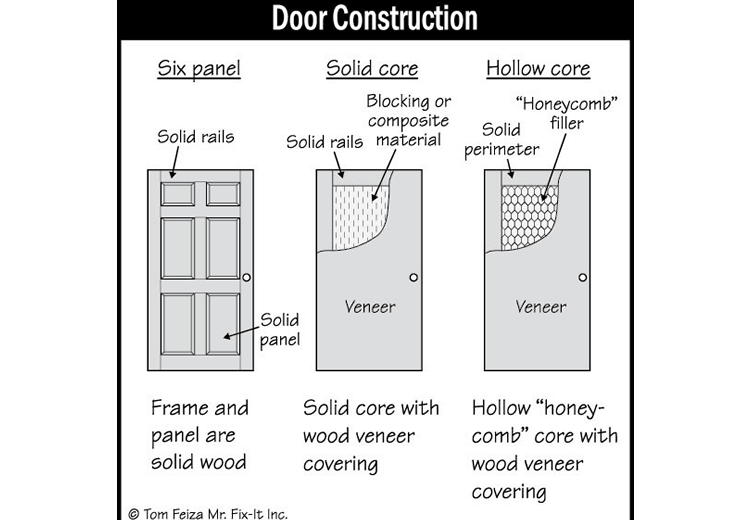
Want to learn more?
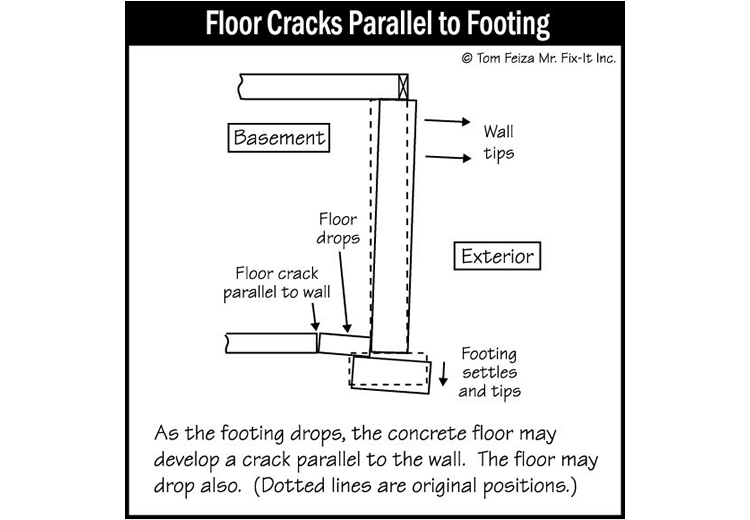
Floor Inspections
Floors are the walking surfaces of your home. These can be made of a variety of materials, including wood, bamboo, ceramic tile, carpet or stone. Some basement floors in older homes still have dirt floors.
Looking closely at a floor can tell a home inspector quite a bit about the state of the home. If the floor has stains or warped floor boards, it could indicate a water problem. If the floor slants considerably, there may be a problem with the home’s foundation or support beams. Deteriorating boards or cracked ceramic tiles can also pose a safety hazard. Many floors also house heating and cooling vents. A thorough inspector will check to see that the vents are operational and the duct system is delivering sufficient warm or cool air from the furnace or air conditioning system.
To schedule your home inspection, call
(860) 445-1236 today.
Skylight Inspections
Skylights are windows that are installed in your roof rather than your home’s walls, and add light to dark and/or out-of-the-way areas. Skylights are also used to add light where privacy is a concern, such as in bathrooms or bedrooms. Some skylights open; others do not. Skylights may be fitted with glass or plastic panes.
Although skylights can add new life to a dingy room, they have the potential to create several problems if not properly installed. Skylights with improperly installed or no flashing can cause rainwater or snow to leak into your walls and living spaces. In addition, plastic skylights have a tendency to crack over time, especially in areas that get a lot of snow.
To schedule your home inspection, call
(860) 445-1236 today.
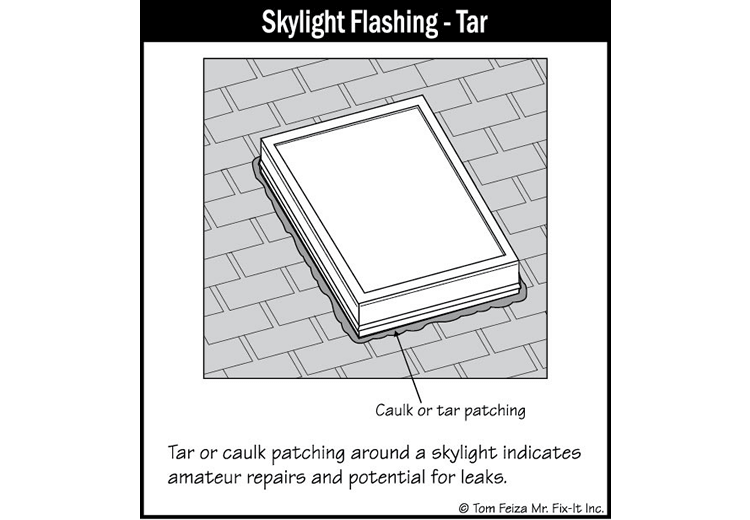
Want to learn more?
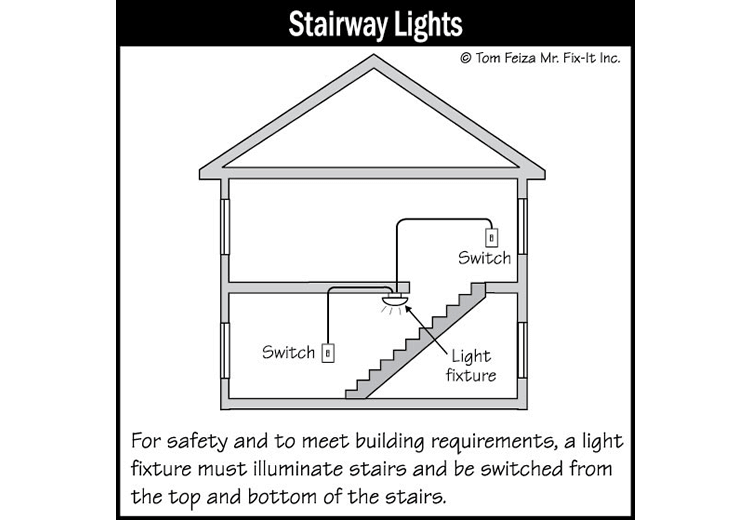
Step, Stairway, Balcony and Railing Inspections
Steps, stairways, balconies and railings are functional as well as stylish. They allow you easy access to multiple stories of your house as well as keep you and your family from accidentally stumbling and falling over a landing or overhang.
Improperly constructed and installed steps, stairways, balconies and railings pose a myriad of safety hazards. Steps that are too steep, or those whose risers are too high, can be difficult and dangerous to navigate. Railings that are too far apart can cause small children or pets to get stuck between the posts or to fall over the side. Balconies without sturdy railings can lead to serious injuries if someone leans on them heavily. The list is all but endless.
To schedule your home inspection, call
(860) 445-1236 today.
Interior Handrail Inspections
Handrails can be found in multiple places in a home. They provide a support for things like entering and exiting a bathtub and climbing a set of basement stairs. Handrails can be mounted directly on the wall or supported by posts.
Handrails are an important safety feature in a home. They help avoid bathtub slips and falls as well as keep staircases safe. Wall-mounted handrails must extend a certain distance from the wall. In addition, there are regulations as to how close they can be mounted near any obstruction, such as the bathtub or a door. Handrails also have dimension and diameter requirements.
Making sure that handrails are properly installed is also critical. A handrail that wobbles or comes loose in a person’s hand is obviously less than ideal.
To schedule your home inspection, call
(860) 445-1236 today.
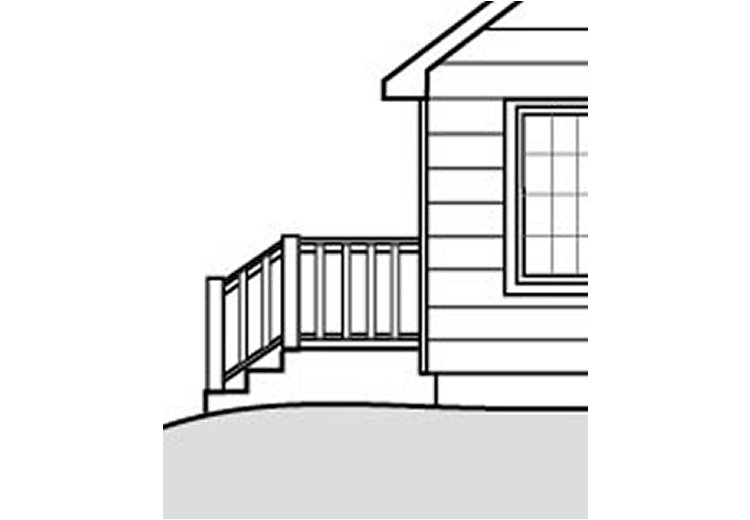
Want to learn more?
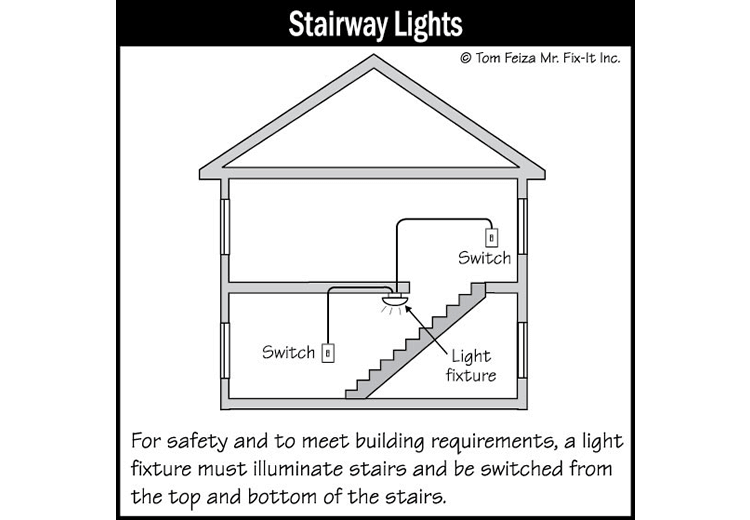
Interior Stairs Inspections
Stairs provide access to multiple levels of your home. They can be as modest as a basement stair or as showy as a grand entrance staircase. Stairs can be made of wood, brick, concrete, metal or stone, although most interior home staircases in the United States are made of wood.
Staircases can have a number of problems. As many home falls occur on stairways, it’s important to know that the stairways in your home are safe. There are strict requirements as to how steep a stairway may be, how high the risers may be, how wide the individual steps may be and how much head room is needed. In addition, a shifting foundation can cause previously-safe stairs to be uneven, posing a safety hazard. Handrails can be loose or non-existent, another safety concern.
To schedule your home inspection, call
(860) 445-1236 today.
Wall Inspections
From a home inspector’s point of view, walls are anything that connects the ceiling and floor of your home. Most modern homes have walls constructed of studs, insulation, drywall and plaster. Most walls also house wiring and plumbing.
Checking out a home’s walls can tell a home inspector quite a bit about the house itself. If the walls are stained or have loose plaster, it can be a sign of a water leak. If the walls are cracked and/or less than vertical, it could indicate an issue with the home’s foundation or support beams. Another part of inspecting walls is checking to make sure that the room’s outlets are safely installed and operational.
To schedule your home inspection, call
(860) 445-1236 today.
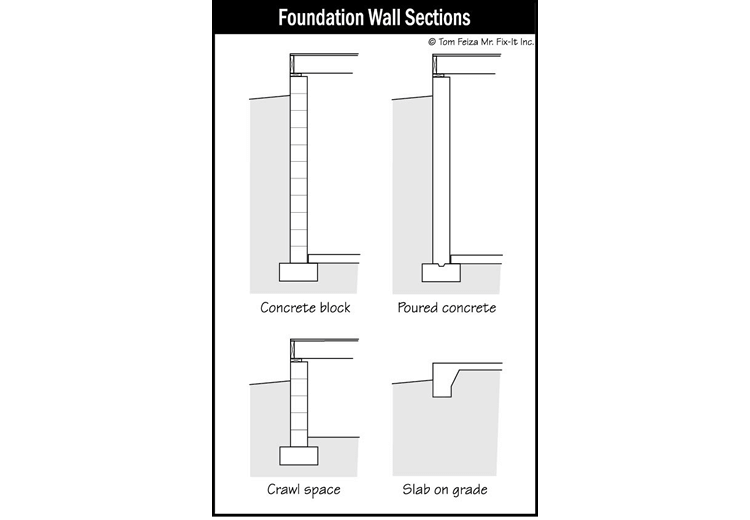
Want to learn more?
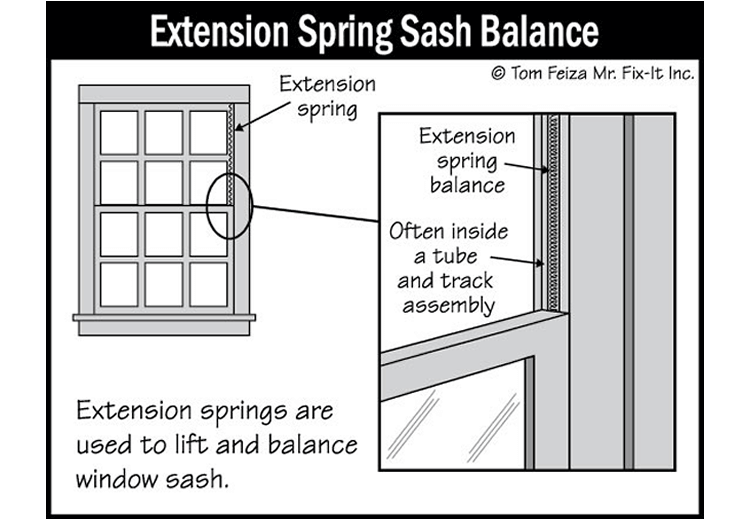
Window Inspections
A home inspector is charged with checking a representative number of windows to see if they are installed properly, open safely and are not cracked or warped. This is more often interpreted as being at least one window per room, but a thorough inspector will usually check as many windows as are accessible.
Checking a representative number of windows during a home inspection is important to determining the integrity of the window installations throughout the home, especially in an unoccupied home. Although one window may operate smoothly and be properly installed, that doesn’t ensure that all the home’s windows are in the same condition.
